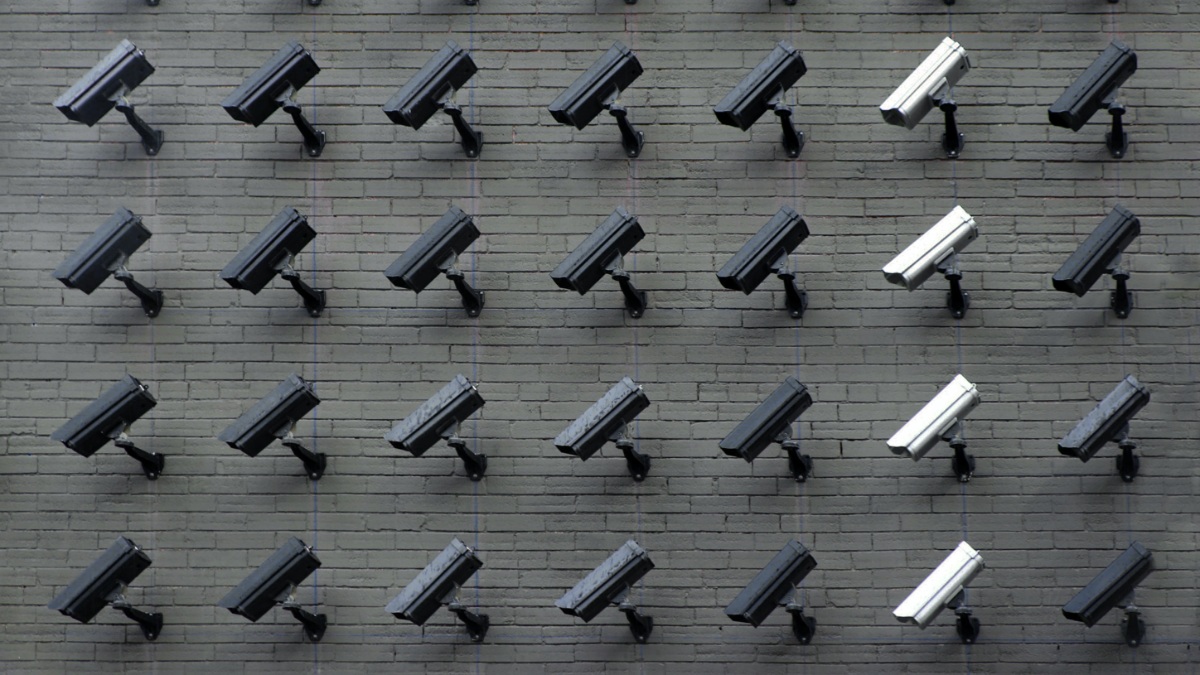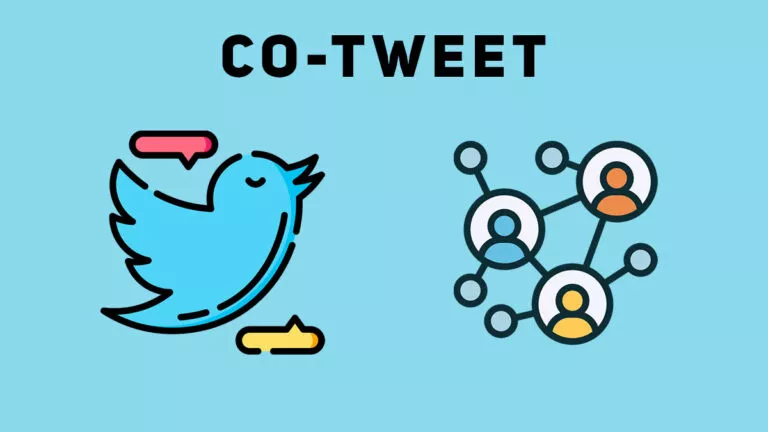Why India’s New Cyber Vigilante Program Could Be A Threat To Free Speech Online

The new self-reliant India under the leadership of PM Narendra Modi is hell-bent on taking matters into its own hands, even when it comes to law and vigilantism. And such steps are being further promoted by none other than the government of India.
Under the guidance of the Ministry of Home Affairs (MHA), the Indian Cyber Crime Coordination Centre (I4C) has launched a new program in which citizens can sign up as “unlawful content flaggers” to report online content for removal.
The new project dubbed ‘Cyber Crime Volunteers Program’ was brought to light by the Internet Freedom Foundation (IFF), which further delved into the repercussions this program could have over free speech on the internet.
Internet Freedom Foundation has highlighted several concerns over this program to the MHA. We shall take a look at them, but first, let’s discuss what is the Cyber Crime Volunteers Program all about?
What Is Cyber Crime Volunteers Program?
The National Cyber Crime Reporting Portal’s official website states that the program’s purpose is to allow citizens to register themselves as “Cyber Crime Volunteers” who’d play the role of “Unlawful Content Flaggers.”
According to the website, the general public’s aid will help law enforcement agencies spot, report, and remove illegal/unlawful content from online platforms. But there is a word for such thing — it’s called ‘Lateral Surveillance.’
What Is Lateral Surveillance?

Lateral Surveillance is a practice where instead of a State body surveilling citizens’ activities, the entire mass is encouraged to “watch over” each other. Such conditions can lead to a constant state of suspicion, social distrust, and cyber vigilantism among people.
Test Runs For Cyber Crime Volunteers Program
The Cyber Crime Volunteers Program will be launched soon across India. But first, the test runs would be conducted in Jammu & Kashmir and Tripura that are already in an unrestful situation.
According to the IFF, the press circulars for the MHA’s volunteer program in Tripura directs volunteers to report content that shows “radicalization” and “anti-national activities” without actually defining what kind of content qualifies into either of the two categories.
So, it looks like the deciding criterion has been left upon an individual’s personal views, which is quite dangerous for society. For states like J&K and Tripura, this can create further chaos and agitation among citizens.
The Cons & Cons Of India’s New Cyber Vigilante Program

The Internet Freedom Foundation has raised several concerns related to privacy, mass surveillance, and online free speech over MHA’s volunteer program:
1. Lack of underlying legal framework
The I4C has launched the Cyber Crime Volunteers Program without establishing any underlying legal framework or Standard Operating Procedure (SOP) to regulate the functioning of this program or the action of volunteers involved in it. Without clear guidelines and defining parameters, there is always a possibility of misuse of this platform.
2. Lack of clarity on the definition of “anti-national activities”
The official website provides little insight into what constitutes unlawful content. The website has categorized unlawful content into six categories:
- Against sovereignty and integrity of India
- Against defense of India
- Against Security of the State
- Against friendly relations with foreign States
- Content aimed at disturbing Public Order
- Disturbing communal harmony
- Child Sex Abuse material
If you look at the first category, there are no fixed criteria as to what counts or doesn’t count as hurting the sovereignty and integrity of India. Will a bunch of words in a tweet fall under this category or maybe a meme? Can disagreeing on a matter be labeled as anti-national? Social media is a vast ocean, and there are all kinds of opinions and people in it. What can or cannot offend someone’s sentiments is quite tricky to determine.
Hence there are chances of overzealous and overbroad restrictions being put onto the freedom of speech online. This could have a chilling effect on online speech where people would constantly live in fear of being maliciously prosecuted through this program.
3. It could lead to an increase in lateral surveillance and cyber vigilantism
The official website says that this program will help deal with cybercrimes in a coordinated and comprehensive manner. Still, without an underlying legal framework or rules, this experiment is bound to promote a culture of surveillance and constant suspicion in society, further leading to social distrust. And we have already seen how often cyber-vigilantism creates chaos and life-threatening situations for victims instead of solving the issue.
4. Authenticity of complaints
There is doubt on how the authenticity of the complaints filed by volunteers will be ensured. I4C has not provided any information on how MHA will make sure that people do not misuse this platform to exact their misguided personal/political vendettas. Moreover, there is no process in place for the withdrawal of complaints once submitted.
5. No prior verification required to flag any content as unlawful
Anyone can become a “Cyber Volunteer Unlawful Content Flagger” without prior verification (KYC). Since no verification is required and the nature of the position is voluntary, it exempts the I4C and the MHA of any liability or guilt in cases of misuse.
6. It’s an unnecessary program
All the offenses listed under Cyber Crime Volunteers Program can be reported to the cybercrime division or the police by any person. Therefore, there is confusion around the necessity of this program and the need to create a special class of volunteers (read vigilantes).
A Reminiscent Of 1950’s East Germany
IFF compares the newly introduced lateral surveillance in India to the methods implemented by the Stasi — which was the official state security service of the German Democratic Republic (East Germany) from 1950 to 1980.
To crush all forms of dissent against itself, the Stasi created a network of around 2 lakh informants who spied on their friends, colleagues, and relatives. This led to self-censorship among people, which made them live in a constant state of paranoia.
MHA is trying to bring “patriots” together to fight against cybercrime in India. However, the lack of clear definitions around unlawful content could result in a similar manner as it did under the Stasi rule. To put it simply, the biggest risk lies in volunteers misusing the platform to silence citizens who are well within their rights to post content that is critical of the government.






